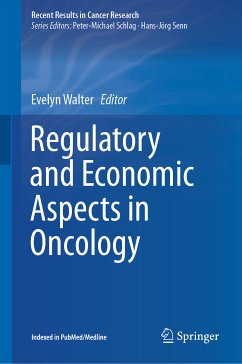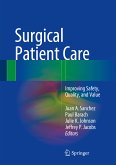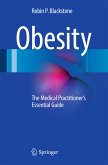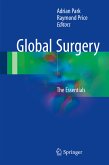This book explores a wide range of topics of importance to all those who have an interest in economic methods for assessment of the efficacy and effectiveness of new cancer treatments and in regulatory measures relating to the marketing authorization and pricing of such treatments. It also examines drug pricing and drug price regulation in different countries and explores the changing landscape in marketing authorization and its regulation. These issues are becoming increasingly important with the introduction of expensive targeted cancer therapies, which are placing a substantial strain on healthcare healthcare budgets. Payer authorities have to determine whether the use of targeted therapies yields clinical benefits that justify their cost. In the simplest terms, cost-effectiveness analysis quantifies the ratio between the extent to which an intervention raises healthcare costs and the extent to which it improves health outcomes. Rigorous cost-effectiveness analyses translate all health outcomes into quality-adjusted life years. On the other hand, in order to sustain innovation, price regulation must be coupled with efforts to ensure that drug companies are still able to recoup their investments in high-risk and high-cost research programs. Ultimately, decisions regarding health care expenditure are also a reflection of society's willingness to pay.
Dieser Download kann aus rechtlichen Gründen nur mit Rechnungsadresse in A, B, BG, CY, CZ, D, DK, EW, E, FIN, F, GR, HR, H, IRL, I, LT, L, LR, M, NL, PL, P, R, S, SLO, SK ausgeliefert werden.









